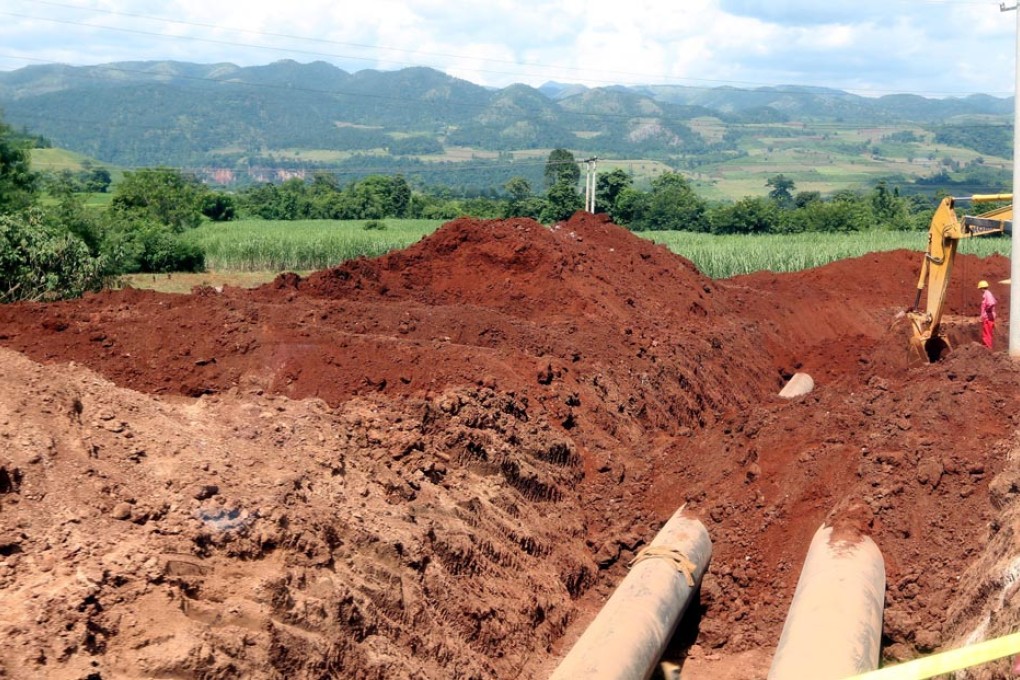Gas flows from Myanmar, but Beijing finds goodwill is another matter

Along much of the new 793-kilometre natural gas pipeline linking western China to the Bay of Bengal lie dozens of new schools and clinics. The facilities, built with more than US$20 million in Chinese development aid, are evidence of Beijing's new approach to Myanmar.

Xinhua praised the pipeline as a "mutually beneficial energy project" that "carries the goodwill of the people of China and Myanmar". Chinese officials have encouraged Chinese companies involved to improve transparency. The Chinese embassy in Yangon has put project updates on its Facebook page.
But as China prepares to open an oil pipeline later this year, experts say Beijing should consider rethinking its strategy.
Myanmese complain that many of the schools and clinics built along the pipeline route with Chinese aid are empty. Perceptions of China are as negative as ever. Beijing has found that there are limits to its "soft power".
"China is very good at building things but getting endorsement locally is a different thing," said Alex Neill, a senior fellow at the International Institute of Strategic Studies. "Myanmar is a proud nation and doesn't want China to run the country."